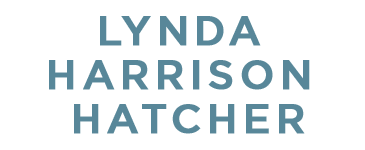The Breath
“As a man in his last breath drops all he is carrying, each breath is a little death that can set us free.”
Breathing is the fundamental unit of risk, the atom of inner courage that leads us into authentic living. With each breath, we practice opening, taking in, and releasing. Literally, the teacher is under our nose. When anxious, we simply have to remember to breathe.
So often we make a commitment to change our ways, but stall in the face of old reflexes as new situations arise. When gripped by fear or anxiety, the reflex is to hold on, speed up, or remove oneself. Yet when we feel the reflex to hold on, that is usually the moment we need to let go. When we feel the urgency to speed up, that is typically the instant we need to slow down. Often when we feel the impulse to flee, it is the opportunity to face ourselves.
Taking a deep meditative breath, precisely at this moment, can often break the momentum of anxiety and put our psyche in neutral. From here, we just might be able to step in another direction.
Mark Nepo – The Book of Awakening
